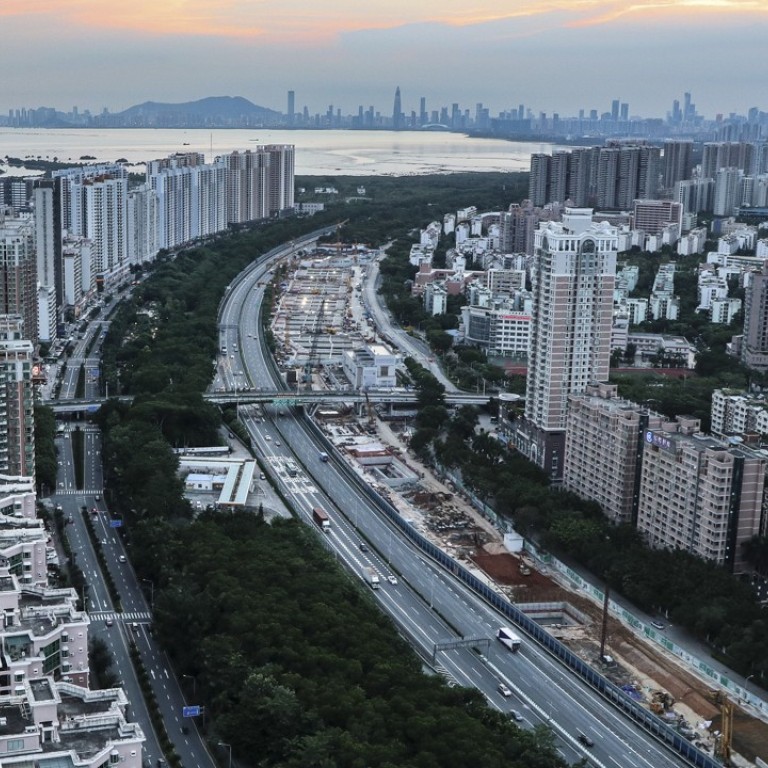
Protectionism greatest challenge for Greater Bay Area plan, survey shows
Business executives were polled on their views regarding China’s Guangdong-Hong Kong-Macau initiative
Senior business executives in China’s Guangdong-Hong Kong-Macau Greater Bay Area have expressed concern over protectionism of individual cities which share similar business functions, a survey conducted by accounting firm KPMG and Hong Kong General Chamber of Commerce has shown.
Out of the 614 business leaders surveyed, about 60 per cent considered the greatest challenge to the development of the city cluster was “protectionism”, followed by “silos between and within government”.
China’s ‘Greater Bay Area’ economy could equal that of South Korea if trade freed up, report says
This is despite 80 per cent of them voicing support for integrating economies of the 11 southern cities, a plan first introduced by Chinese Premier Li Keqiang in March. But 14 per cent think it is too early to tell, and 2 per cent are against the plan, the survey found.
“The most pressing issue for local governments within the region is to collaborate on a broad range of topics including economic policies, environmental and transport issues and regulatory harmonisation,” Ayesha Lau, managing partner at KPMG Hong Kong said.
She explained that there might be some conflicts of economic interest among cities as only 13 per cent of the respondents saw a clear division of roles of various cities in the region. Local governments might also be reluctant to make sacrifices for the benefit of the Greater Bay Area.
“That’s why many respondents think it is crucial that Beijing authorities steps in and plays a role of coordinator among cities,” Lau said. This way, cities would be able to reduce unnecessary competition, she added.
Innovation and vision can make Hong Kong shine in the pan-Pearl River Delta
In fact, business executives in the region appear to rely heavily on government support and policy buffers, the survey found.
About 65 per cent of the respondents consider “government support” is the most crucial factor for the plan to succeed, followed by “consistency of laws and regulations”. Infrastructural support and tax benefits came at third and fourth on their list.
“For development plan this big, it is bound to have some difficulties and challenges. Support for the government is the key,” Lau said.
To better define Hong Kong’s role in the regional development plan, the General Chamber of Commerce has urged the SAR government to set up an office to coordinate with relevant mainland and Macau authorities and formulate policy directions.
“The office will be responsible for defining Hong Kong’s potential participatory role in the area’s development and economic growth,” Watson Chan, deputy CEO at the chamber said.

